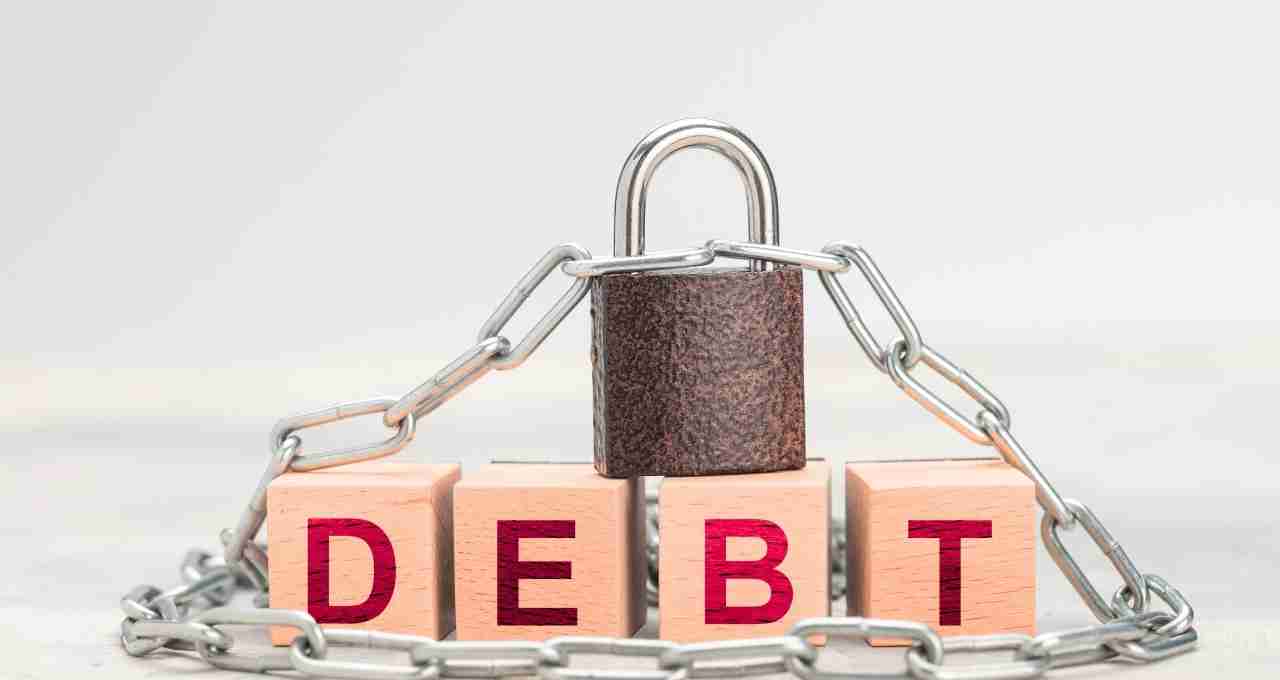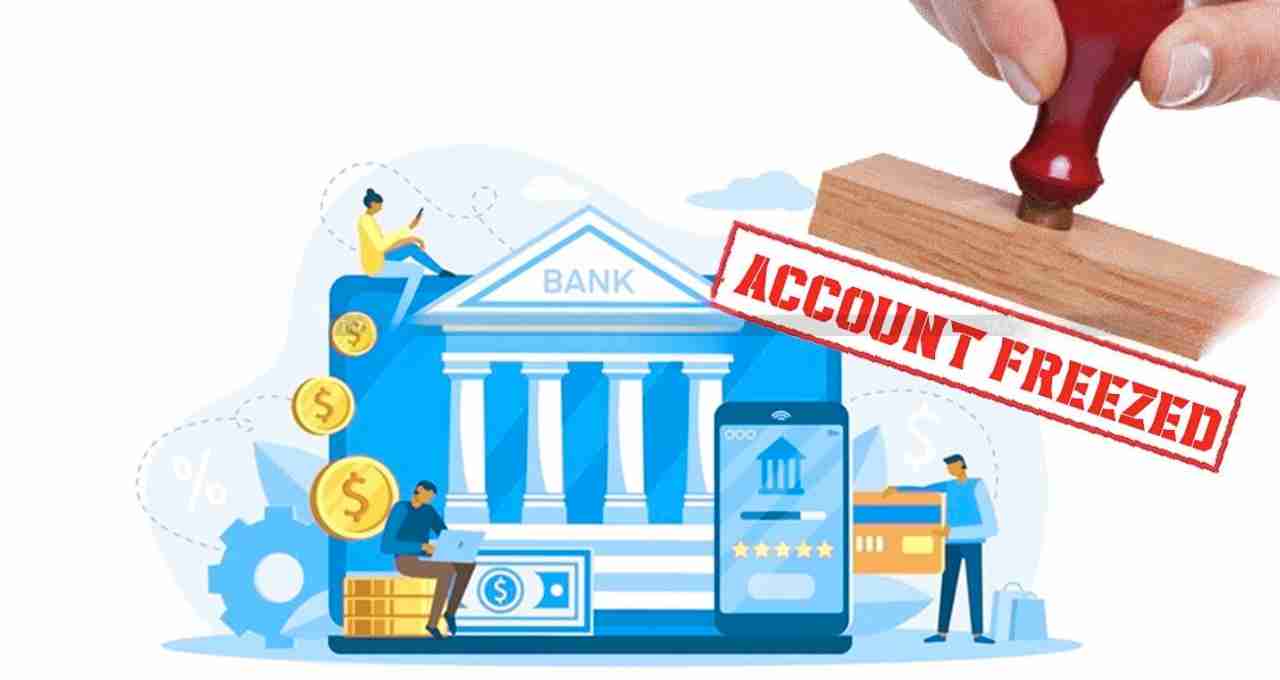It is crucial for bank account holders to understand that banks have the authority to freeze (temporarily block) their accounts under certain circumstances.
In today's digital age, bank accounts have become an integral part of our daily lives. Whether it's receiving salaries, paying bills, or transferring money, every transaction is linked to a bank account. Therefore, if your account is suddenly frozen, it can be a significant setback. A frozen account means you cannot withdraw deposited funds or conduct any transactions. This situation not only creates financial difficulties but also causes mental stress.
But why does this happen? Under what circumstances can a bank freeze your account? And what is the right way to handle it if it does? Let's find out the answers to these questions in detail.
Major Reasons for Bank Account Freeze

Suspected Transactions or Fraud
If the bank suspects any unusual or suspicious transactions in your account, it may immediately freeze your account for security reasons. For example:
- Sudden deposit of a large amount
- Repeated login attempts from an unknown location
- Withdrawal or deposit of large sums of cash
- Repeated unsuccessful password attempts
In such cases, the bank informs the customer and clarifies the reasons.
Money Laundering and Illegal Financial Activities
Both the government and banks comply with anti-money laundering laws. If an account shows transactions suspected of illegal money laundering or financing terrorism, the bank will freeze the account until the investigation is complete.
Lack of Updated Documents
If a customer does not update their KYC (Know Your Customer) documents in a timely manner, the bank may freeze their account as per regulations. This includes identification documents, address proof, and PAN card. According to RBI guidelines, KYC updates are mandatory for all accounts.
Court Orders or Legal Reasons
If there is a legal dispute and the court has ordered your account to be frozen, the bank must comply. This happens when:
- There is a tax evasion case
- A fine is outstanding in a case
- There is a default in bank loan repayment
Furthermore, the account may be frozen during investigations by the Enforcement Directorate, Income Tax Department, or other agencies.
Overdraft or Negative Balance
Sometimes, an account holder exceeds their overdraft limit or maintains a negative balance for an extended period. In such cases, the bank issues a warning first, and if the issue is not resolved, it may freeze the account.
Deceased Account Holder
If the account holder dies and the rights of the heir or nominee are not clear, the bank keeps the account frozen until valid documents are submitted.
What to Do If Your Account is Frozen?

If your account is frozen, instead of panicking, take the following steps:
Contact the Bank Immediately
First, you should contact your branch or customer care and find out the reason for the account freeze. It is essential to understand the circumstances under which this decision was made.
Submit Required Documents
If the account is frozen due to a lack of KYC updates, submit your identification documents, address proof, and passport-sized photograph to the bank. After document verification, the account can be reactivated.
Seek Legal Assistance
If the account is frozen due to a court order or government investigation, consult a qualified lawyer. With a copy of the court order, legal notice, or other relevant documents, you can take further action.
Cooperate with the Bank's Investigation
If the account is frozen due to a suspicious transaction, cooperate fully with the bank. Explain the transaction and provide necessary information.
Seek Nominee's Help (In Case of a Deceased Account)
If a deceased person's account is frozen and you are the nominee, apply to the bank with a death certificate, nominee documents, and identification documents.
How to Avoid Account Freeze in the Future?
- Regularly Update KYC: Regularly update all documents associated with your bank account. For example, inform the bank when your address changes.
- Do Not Click on Suspicious Emails or Links: Avoid phishing emails or fake websites. Do not share your banking details with anyone.
- Monitor Transactions: Keep track of every transaction in your account. Keep SMS or email alerts enabled to immediately detect any unauthorized activity.
- Keep Tax and Loan-Related Matters Resolved: If you have any outstanding taxes, fines, or loans, pay them on time. This will reduce the likelihood of your account being frozen by court order.
- Change Internet Banking Passwords Regularly: For security, change your passwords and PIN numbers at regular intervals.















